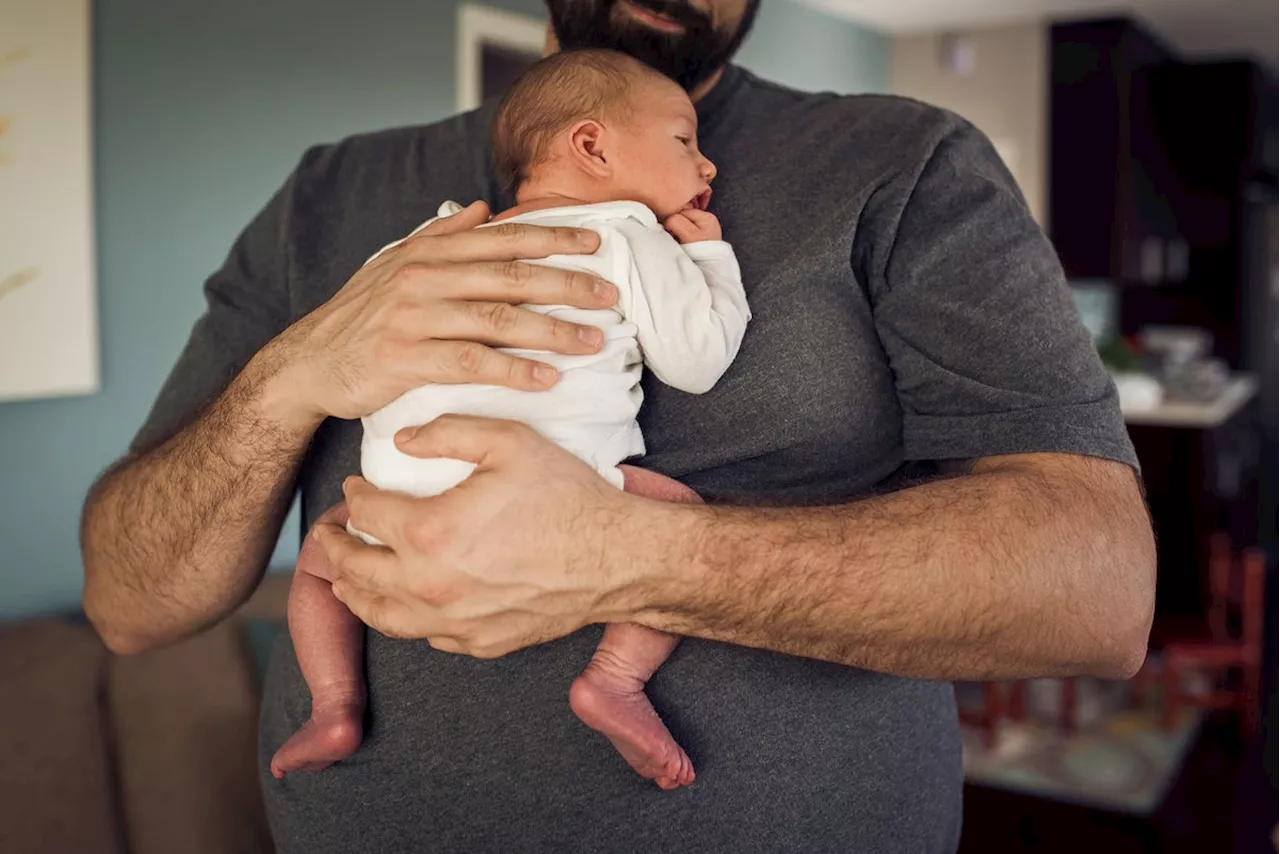This article explores the biological underpinnings of fatherhood, examining the hormonal changes that occur in men as they transition into parenthood. It draws parallels between human fathers and male birds, highlighting the role of testosterone in promoting mating behavior and its subsequent decrease when men become involved fathers. The article also discusses the role of oxytocin in fostering father-infant bonding and protecting pair-bonds.
In many cultures, men are not involved with hands-on childcare. But biology tells us we are perfectly capable of doing so. I like to tell my undergraduates that hormones predispose organisms, including people, to shift their energy among different life goals. When we become parents, hormones help redirect energy that help them bond with their infants.
But what about men? Across human cultures and throughout history there have been many societies in which men typically have little or no involvement in caring for infants or even children, including, at times, our own. Does this mean that men are biologically incapable of being nurturing caregivers? Growing numbers of gay fathers, single fathers, and stay-at-home fathers who take on the primary caregiving role tell us otherwise. And new research shows that men experience similar, if less pronounced, hormonal changes as women that may prepare them for fatherhood. I go into detail about this in my book. Men’s potential for caregiving is an ancient capacity that has evolved by natural selection. We clearly can do this. We just need to tap into it.Birds provide us with a lot of good parenting insights: most male birds both feed and protect their young, making them an excellent model for studying the biology of fatherhood. During the breeding season, birds have high levels of testosterone, and they fight with other males to secure territories that will attract female mates. But then, once the eggs have hatched, they switch to parent mode; they stop mating and begin to care for their young. As they do this, testosterone levels drop. Testosterone is key—when scientists implanted male birds who had become parents with testosterone, they started to act like they were in mating mode again, aggressively expanding their territory and spending less time feeding their chicks. This and other evidence suggests that testosterone drives males to invest in mating. Young, single men when they merely talk with young women they aren’t related to. And we know that men who report more sexual partners tend to have higher testosterone levels than those reporting fewer partners. Moreover, one study showed that young, single men with higher testosterone levels were more likely to have a new sexual partner over the ensuing four years, suggesting that they achieved greater mating success. All of this is consistent with the idea that testosterone promotes mating effort in human males. And just as in male birds, testosterone levels decrease when men become involved fathers. While we don’t like the idea of experimenting with new dads by injecting them with extra testosterone to see if their parenting deteriorates, there are some revealing connections between testosterone and parenting. For example, among new fathers, those with lower levels of testosterone tend to pay more attention to their infant, be more responsive to their infant, express more sympathy for their infant, and play with their infant more. We don’t know yet what causes these changes in testosterone, but they seem to be more pronounced in men who are more actively involved in their infant’s care. Men’s hormones could be responding to cues from their infant so that men who spend more time with their infant show larger declines. Or it could be that testosterone decreases occur earlier in the transition to fatherhood, reflecting a man’s psychological preparation for parenthood, and predicting his future engagement
Hormones Fatherhood Testosterone Oxytocin Parenting Biology Evolution
United States Latest News, United States Headlines
Similar News:You can also read news stories similar to this one that we have collected from other news sources.
 New insights into the biology and risk factors of childhood obesityA cutting-edge molecular approach provides a detailed picture of the biological pathways associated with childhood obesity and metabolic dysfunction, and identifies environmental risk factors during early life.
New insights into the biology and risk factors of childhood obesityA cutting-edge molecular approach provides a detailed picture of the biological pathways associated with childhood obesity and metabolic dysfunction, and identifies environmental risk factors during early life.
Read more »
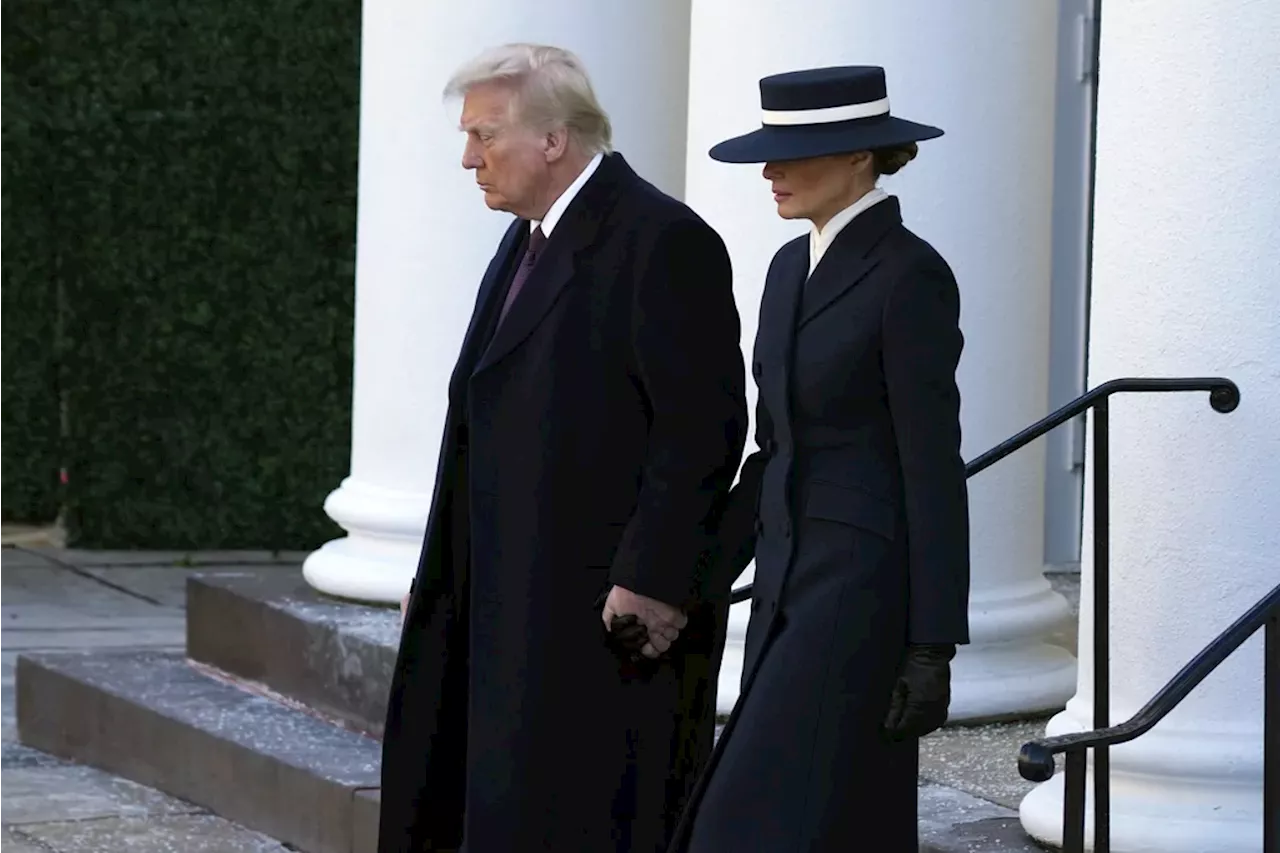 Trump to define sex as based on biology, affecting federal prisons and sheltersPolitical News and Conservative Analysis About Congress, the President, and the Federal Government
Trump to define sex as based on biology, affecting federal prisons and sheltersPolitical News and Conservative Analysis About Congress, the President, and the Federal Government
Read more »
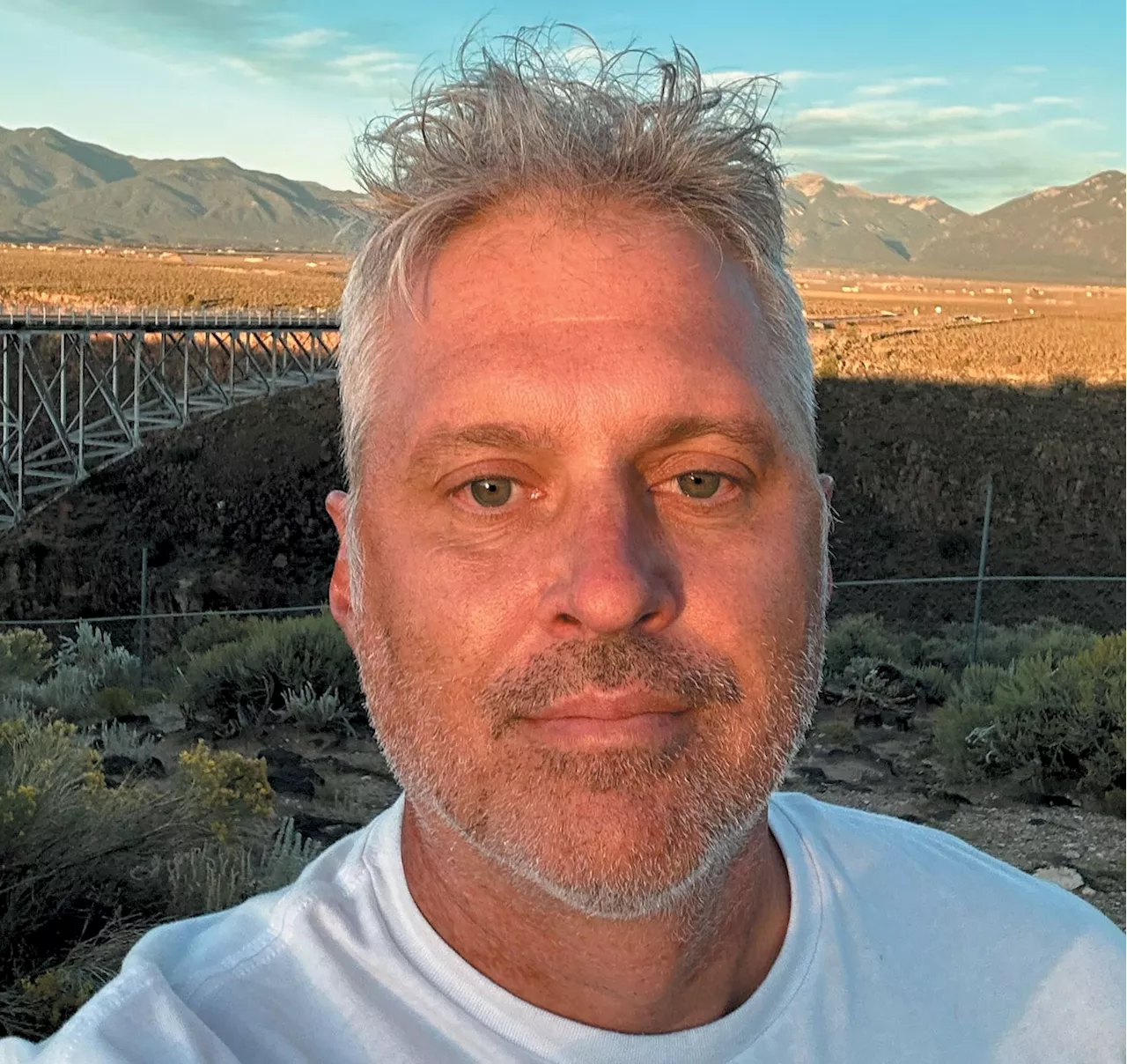 Cell Biology's Blobs, Space Sustainability, and the Art of Scientific VisualizationThis issue explores groundbreaking discoveries in cell biology, the growing problem of space debris, and the captivating art of scientific visualization. We delve into the world of biomolecular condensates, rewrite our understanding of cellular function, and highlight the urgent need for a circular space economy.
Cell Biology's Blobs, Space Sustainability, and the Art of Scientific VisualizationThis issue explores groundbreaking discoveries in cell biology, the growing problem of space debris, and the captivating art of scientific visualization. We delve into the world of biomolecular condensates, rewrite our understanding of cellular function, and highlight the urgent need for a circular space economy.
Read more »
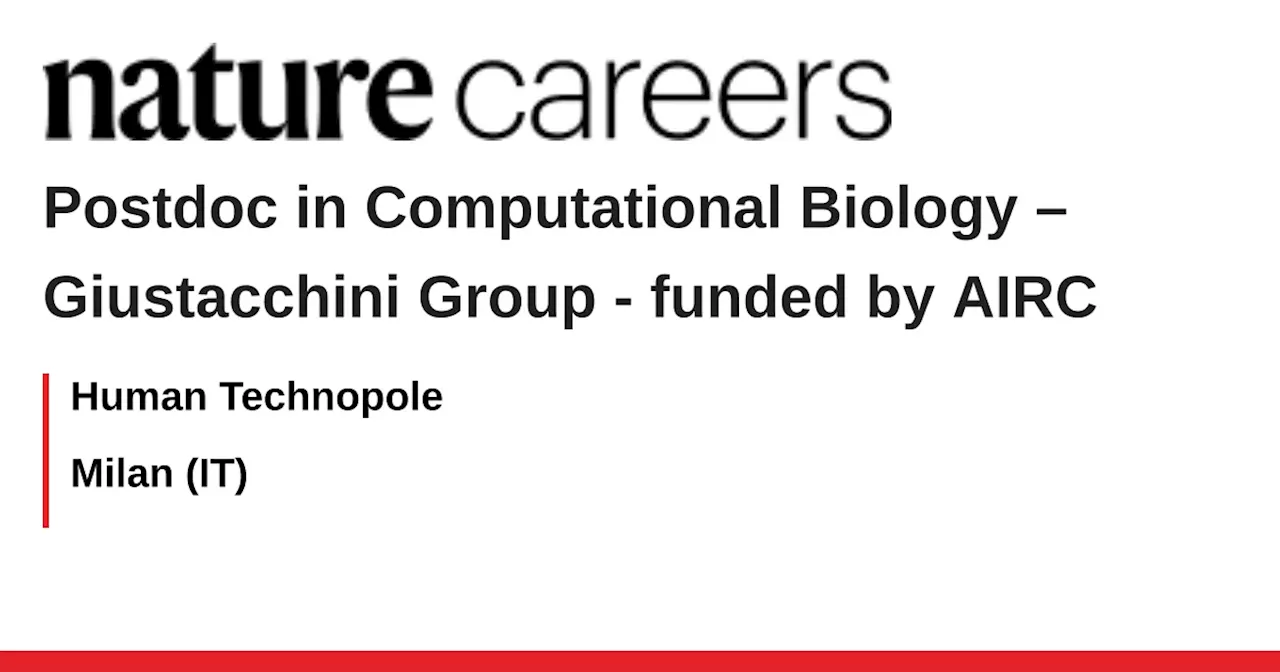 Human Technopole Seeks Postdoctoral Researcher in Computational Biology for CAR T-cell Therapy ResearchHuman Technopole (HT) is recruiting a postdoctoral researcher to investigate the cellular and molecular dynamics of CAR T-cell therapy in blood cancers. The project, funded by AIRC foundation for cancer research, will utilize state-of-the-art single cell multiomics data and computational approaches to model in vivo interactions between CAR T cells, tumor cells, and normal hematopoiesis. The goal is to uncover mechanisms driving therapeutic resistance, tumor reshaping, and hematopoietic impact under CAR T-cell pressure, ultimately aiming to improve immunotherapy strategies for hematologic malignancies.
Human Technopole Seeks Postdoctoral Researcher in Computational Biology for CAR T-cell Therapy ResearchHuman Technopole (HT) is recruiting a postdoctoral researcher to investigate the cellular and molecular dynamics of CAR T-cell therapy in blood cancers. The project, funded by AIRC foundation for cancer research, will utilize state-of-the-art single cell multiomics data and computational approaches to model in vivo interactions between CAR T cells, tumor cells, and normal hematopoiesis. The goal is to uncover mechanisms driving therapeutic resistance, tumor reshaping, and hematopoietic impact under CAR T-cell pressure, ultimately aiming to improve immunotherapy strategies for hematologic malignancies.
Read more »
 Superman's Kryptonian Biology: A Hidden Danger to HumanityIn a surprising twist, Superman's invulnerability to Earth diseases becomes a potential threat to human health. Despite being immune, he can unknowingly carry and spread contagious illnesses, making even his heroic actions potentially dangerous.
Superman's Kryptonian Biology: A Hidden Danger to HumanityIn a surprising twist, Superman's invulnerability to Earth diseases becomes a potential threat to human health. Despite being immune, he can unknowingly carry and spread contagious illnesses, making even his heroic actions potentially dangerous.
Read more »
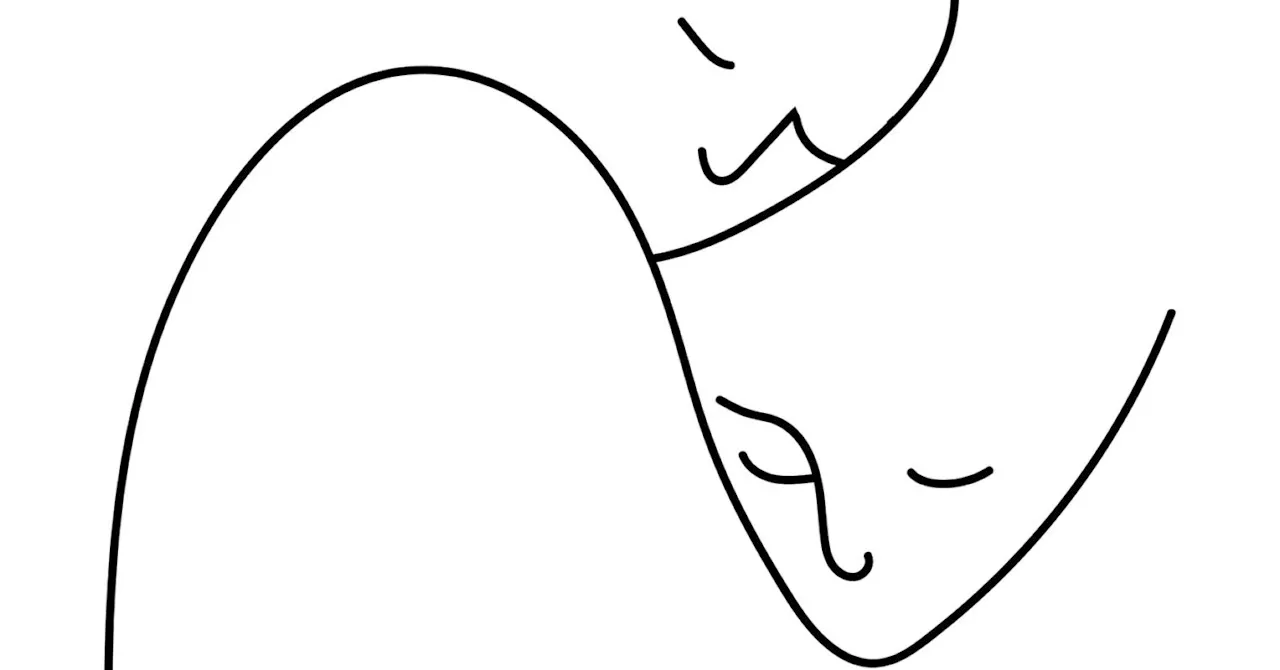 Altering Social Perception Reshapes BiologyUCLA clinical psychologist George Slavich's research reveals that social situations dramatically influence our biology, activating the immune system and triggering physiological changes. This understanding led to the development of Social Safety Theory, emphasizing the interplay between our thoughts, social environment, and health.
Altering Social Perception Reshapes BiologyUCLA clinical psychologist George Slavich's research reveals that social situations dramatically influence our biology, activating the immune system and triggering physiological changes. This understanding led to the development of Social Safety Theory, emphasizing the interplay between our thoughts, social environment, and health.
Read more »
